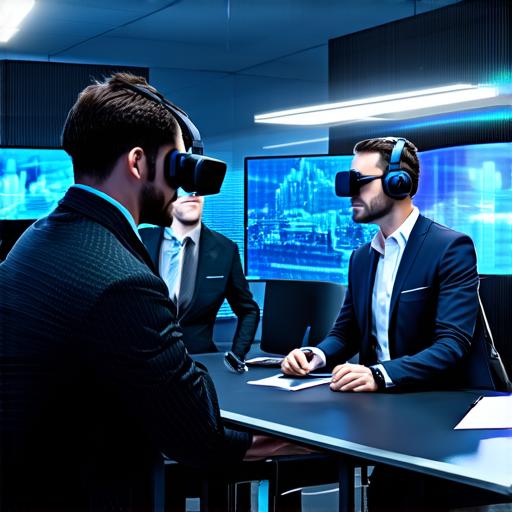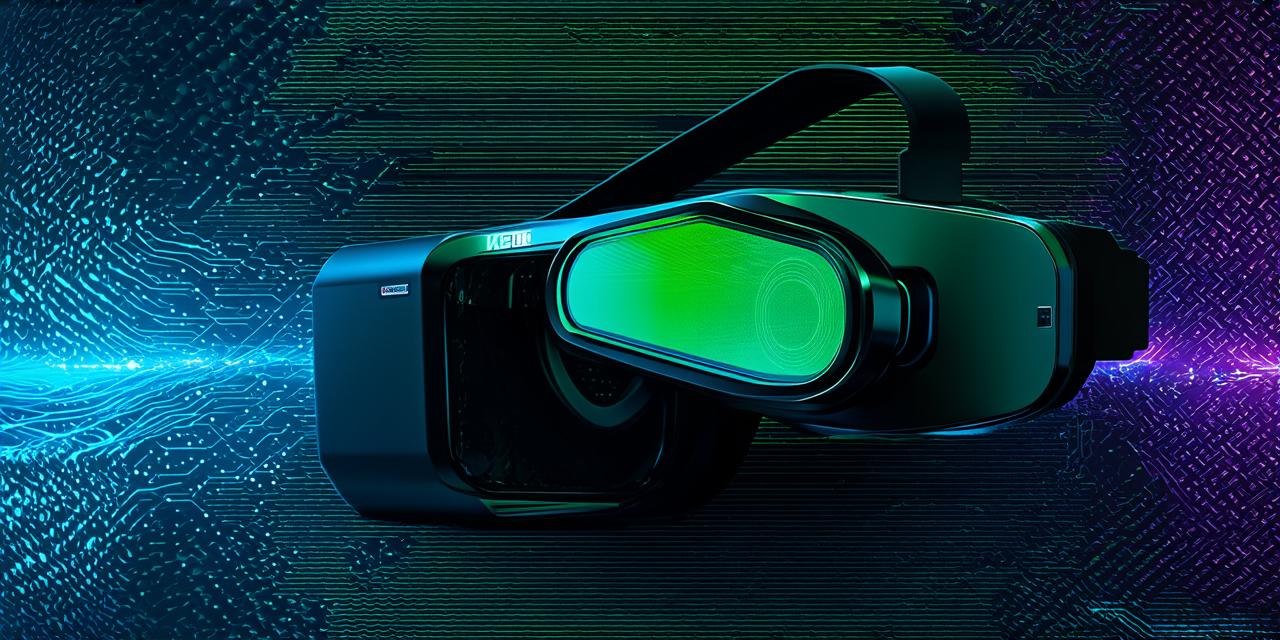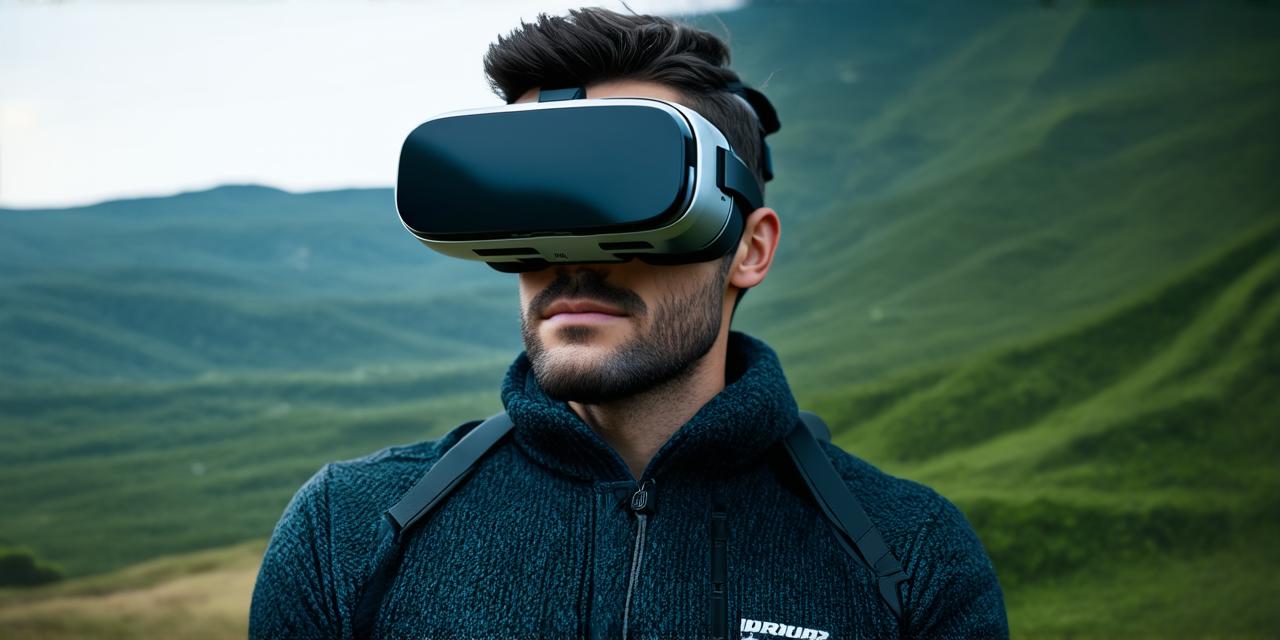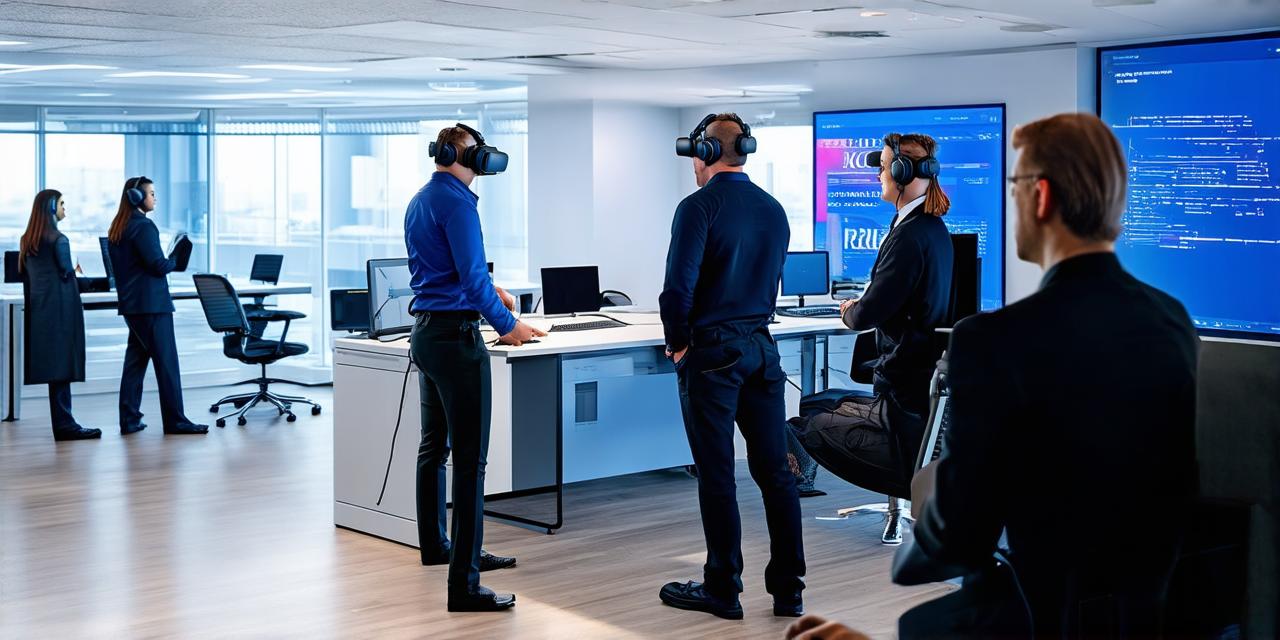1. Marketing:
Virtual reality has the potential to revolutionize the way that businesses market their products and services. With VR, companies can create immersive experiences that allow customers to interact with their brand in a more engaging and memorable way. For example, a real estate company might use VR to give potential buyers a virtual tour of a property, while a car manufacturer might use VR to let customers test drive different models in a simulated environment.
2. Training:
Another area where VR is likely to have a significant impact is training. By using VR, companies can create realistic simulations that allow employees to practice their skills in a safe and controlled environment. This can be particularly useful for industries such as healthcare, where mistakes could have serious consequences. In addition, VR can also help to reduce the cost of training by eliminating the need for physical equipment or facilities.
3. Product development:
Virtual reality can also play a key role in product development. By using VR, companies can create virtual prototypes of their products, which allows them to test and refine designs before investing in physical production. This can save time and money, as well as reduce the risk of producing products that do not meet customer needs.
4. Remote work:
Virtual reality can also make it easier for businesses to enable remote work. By using VR, companies can create virtual offices or meeting rooms that allow employees to collaborate in real-time, regardless of where they are located. This can be particularly useful for businesses with global teams, as it allows them to bring everyone together in a single virtual space.
5. Gaming and entertainment:
Finally, VR is also likely to have a significant impact on the gaming and entertainment industries. By using VR, companies can create highly immersive experiences that allow users to interact with their content in new and exciting ways. This could include everything from video games to virtual concerts and movies.

In conclusion:
Virtual reality has the potential to transform the business landscape in a number of ways. Whether it’s marketing, training, product development, remote work or gaming and entertainment, VR is likely to be a key driver of innovation and growth in the coming years. As technology continues to advance, it will be interesting to see how businesses continue to adopt and adapt to this new medium.



